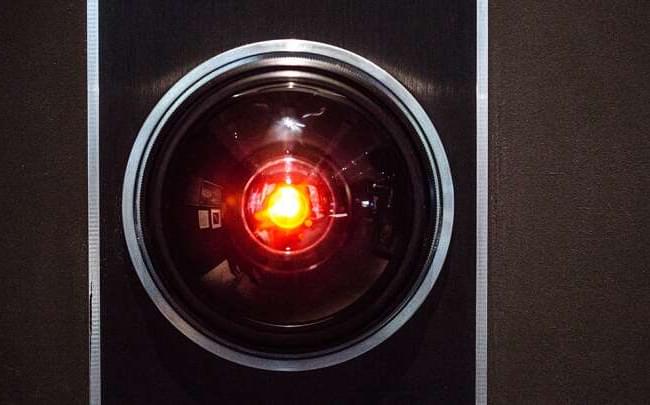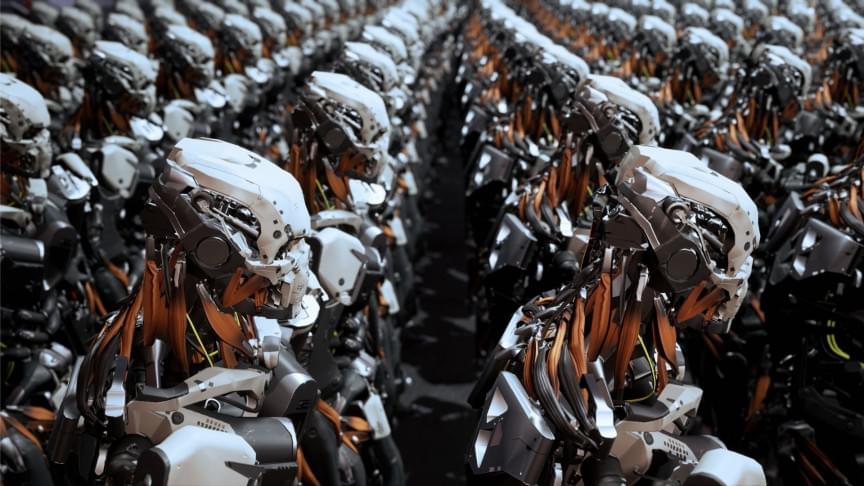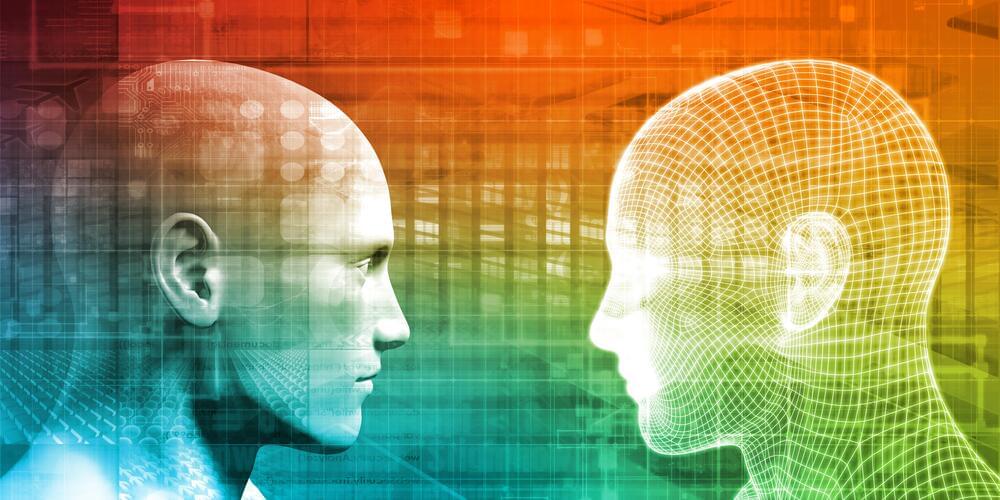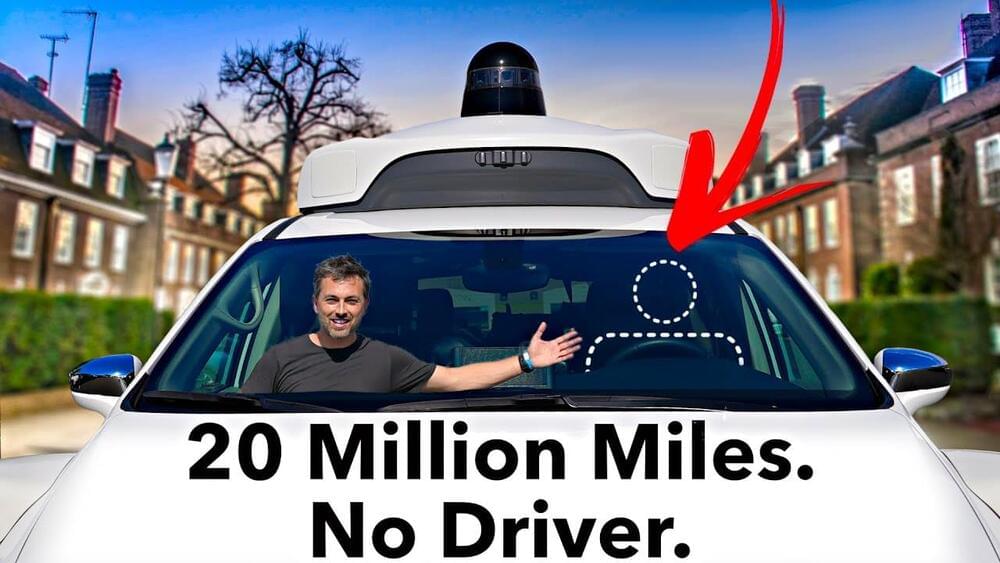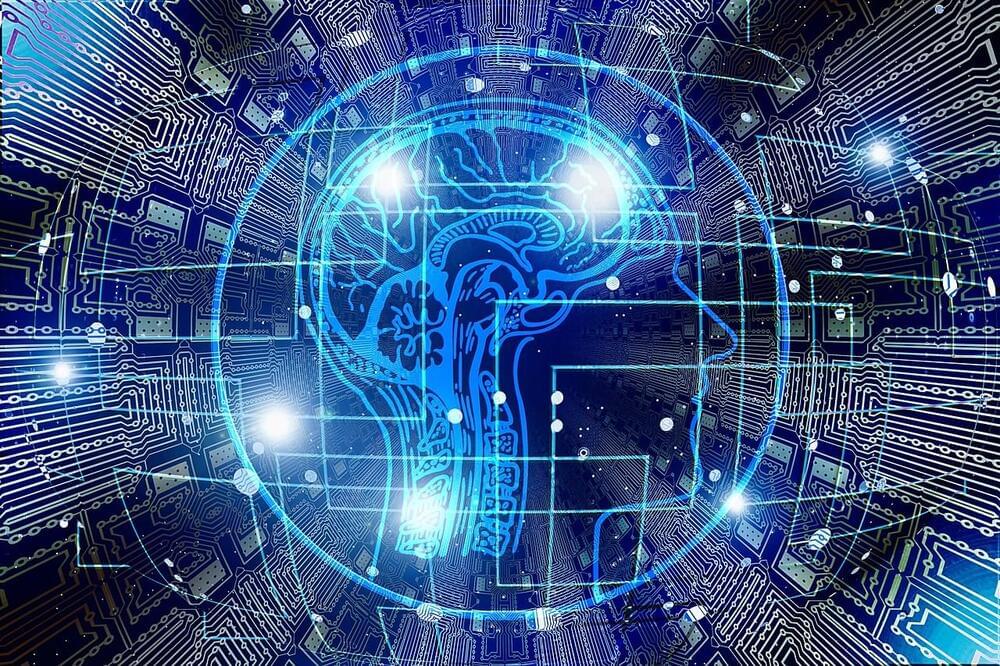Feb 1, 2022
AI nanny created by Chinese scientists to grow humans in robot wombs
Posted by Kelvin Dafiaghor in categories: biotech/medical, ethics, information science, robotics/AI
The AI nanny is here! In a new feat for science, robots and AI can now be paired to optimise the creation of human life. In a Matrix-esque reality, robotics and artificial intelligence can now help to develop babies with algorithms and artificial wombs.
Reported by South China Morning Post, Chinese scientists in Suzhou have developed the new technology. However, there are worries surrounding the ethics of actually artificially growing human babies.



